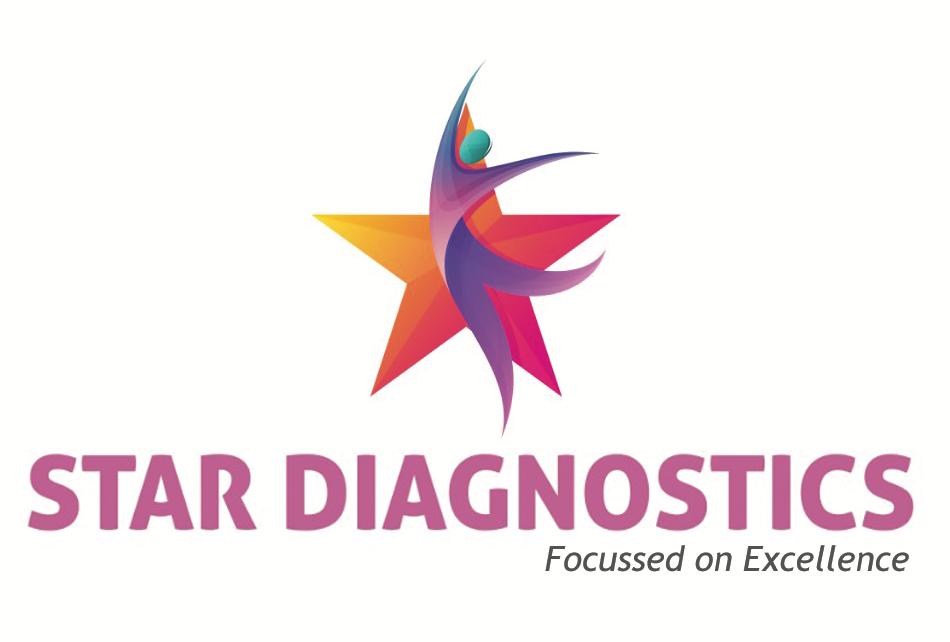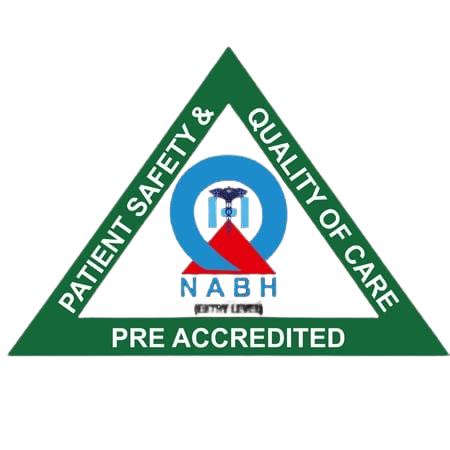If you’ve been advised to undergo CT Coronary Angiography (CTCA), you might have lots of questions. This special heart test can provide insights into your cardiovascular health. We’re here to help you with everything you need to know about the CTCA procedure. We’ll cover how to prepare, what to expect during it, understanding your results, and steps for care after the procedure.

Understanding the CTCA Procedure
CTCA, or CT Coronary Angiography, is a medical test that uses imaging to provide a clear picture of your heart and its blood vessels. It is unique compared to other heart scans as it offers detailed images from multiple angles. Doctors might recommend a CTCA if there are symptoms that hint at heart issues, like unexplained chest pain or shortness of breath, or for further assessment before certain surgeries.
Preparing for CTCA: Essential Pre-Procedure Steps
Getting ready for a CTCA is important for ensuring accurate and safe results. Here’s how to prepare: – Discuss Your Medical History: Inform your doctor about your health background and if you have any allergies, especially to dyes or iodine. – Medications: Ask your doctor if you should continue, adjust, or stop any medications. Tell them what you’re taking. – Fasting Instructions: Usually, you need to avoid food and drink some hours before the test. Drinking clear liquids might be fine. – Clothing Choices: Wear comfortable clothes without metals, as metals can interfere with imaging. Take off jewelry and metal accessories. – Special Health Considerations: Mention any ongoing health conditions like asthma or diabetes, as these may require special attention.
By following these preparation steps, you help ensure the procedure is smooth and effective.
The CTCA Experience: What to Anticipate During the Procedure
The CTCA experience is quite manageable. Here’s what to expect during CTCA: – Positioning: During the procedure, you’ll lie still on a table that moves slowly into the CT scanner. – Instructions: You may be asked to hold your breath at intervals for better image clarity. – Contrast Dye: An intravenous dye may be injected that highlights your blood vessels on the scanner images. You might feel a warm sensation briefly. – Machine Sounds: Expect some buzzing or clicking noises, which are normal. These come from the scanner operating. – Staff Roles: The medical team ensures your comfort and safety, guiding you through the process and answering questions.
Overall, knowing what to expect during CTCA helps in staying relaxed and makes the experience easier.
Post-CTCA Care: Managing After the Procedure
After completing the CTCA, here’s how to take care of yourself: – Immediate Observations: Right after the procedure, medical staff will monitor you for any reactions. – Hydration: Drink plenty of fluids to help eliminate the contrast dye from your body. – Resume Activities: Most people return to normal activities quickly, but take note of any unusual symptoms.
Following these post-care steps contributes to your health and comfort.
Risks and Benefits: Weighing the Safety of CTCA
CTCA is generally safe, but it’s natural to have questions. – Radiation Exposure: Although there’s some exposure, modern techniques minimize this risk. – Contrast Dye Risks: Allergic reactions are rare, but the medical team is equipped to manage them if they occur.
Being aware of these aspects can help weigh the benefits against the risks effectively.
Analyzing Results: What Your CTCA Results Mean
Understanding your CTCA results is crucial: – Reading Results: Your doctor will explain what the images say about your heart health. – Discussion with Doctor: It’s important to talk about the findings to decide on next steps in your care if needed.
Knowing what the results mean aids in managing your heart health proactively.
Conclusion: Empowering Patients Through Knowledge
Being informed about CTCA empowers you in your healthcare journey. When you know what to expect during CTCA, it diminishes anxiety and helps in making better decisions. CTCA provides critical insights about your heart health, and with this knowledge, you can partner with your healthcare providers to keep your heart healthy.
Further Resources and Support
To learn more about CTCA, consider reputable medical websites and speak with healthcare providers. These resources ensure you have the support and information needed for your heart health journey.


